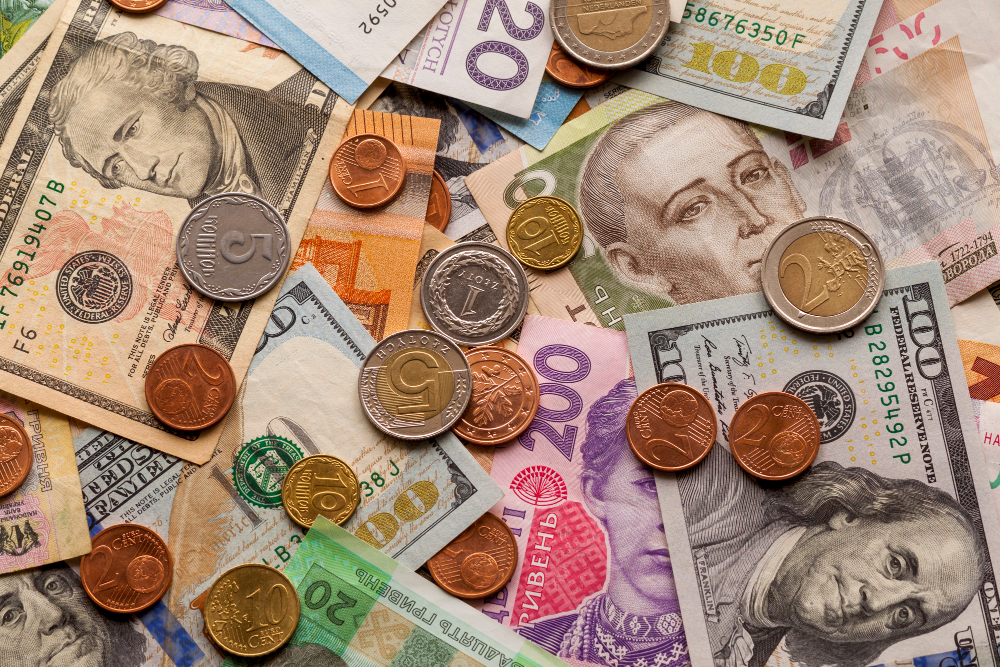In the two decades of civilian rule in Nigeria, the Nigerian capital market has experienced unparalleled growth and development. This growth has been far more than at any point in the nation’s history.[1] Despite the growth experienced in the Nigerian capital market in the last two decades, the year 2020 was a very tough year. Economic growth was very slow for businesses and for countries in general. For investments in Nigeria’s capital market, the current reality from the Covid-19 pandemic is that investments in bonds and treasury bills will provide negative real returns when compared to the inflation rate in the country.[2]
This situation notwithstanding, there have been several innovations in the Nigerian capital market in 2020 which continue to position the capital market for growth and development.[3] Some of them include; progress in the demutualization of the exchange, launch of the IPO portal, launch of the growth board, etc. These developments help to position the Nigerian capital market for continuous growth and development. They also help to place it on the path to economic recovery from the adverse impact of the Covid-19 pandemic. Accordingly, there are many untapped investment opportunities within the Nigerian capital market that can be exploited.
From a macroeconomic perspective, the improvement in the price of crude oil in the Nigerian capital market has kept the price of stocks in the Nigerian capital market rallying up in recent times. Thus, despite the losses experienced generally in the last year, this is a good time to invest in the equity market as the continuous improvement in the price of stocks will yield profits for the investors.[4] There have also been reports from stakeholders that the stocks in the Nigerian capital market are currently undervalued.
Additionally, there is currently a dearth of retail investors in the Nigerian capital market.[5] This is a gap that needs to be closed for the optimal operation of the Nigerian capital market. Undoubtedly, for this to be achieved, there has to be mass education of the investing public on capital market literacy for financial inclusion. Therefore, the potentials to be maximized are limitless.
Conclusively, although the Nigerian capital market has suffered shocks as a result of the Covid-19 pandemic, there is hope for recovery and for stakeholders to leverage the crisis for profits in the future.
RESOURCES
[1] Uche Uwaleke, ‘Nigerian Capital Market on my Mind,’ (BusinessAm, 15 June 2020) available at; https://www.businessamlive.com/nigerian-capital-market-on-my-mind/ (accessed 11 May 2021).
[2] Olumide Adesina, ‘What to Expect from Nigeria’s Capital Market in 2021,’ (Nairametrics, 27 December 2020) available at; https://nairametrics.com/2020/12/27/what-to-expect-from-nigerias-capital-market-in-2021/ (accessed 11 May 2021).
[3] Proshare Research, ‘NCM 2020: Top Ten Moments in the Nigerian Capital Market in 2020,’ (Proshare, 21 February 2021) available at; https://www.proshareng.com/news/Capital-Market/NCM-2020–Top-Ten-Moments-in-the-Nigeria/55900 (accessed 12 May 2021).
[4] Supra note 2.
[5] Supra note 1.





